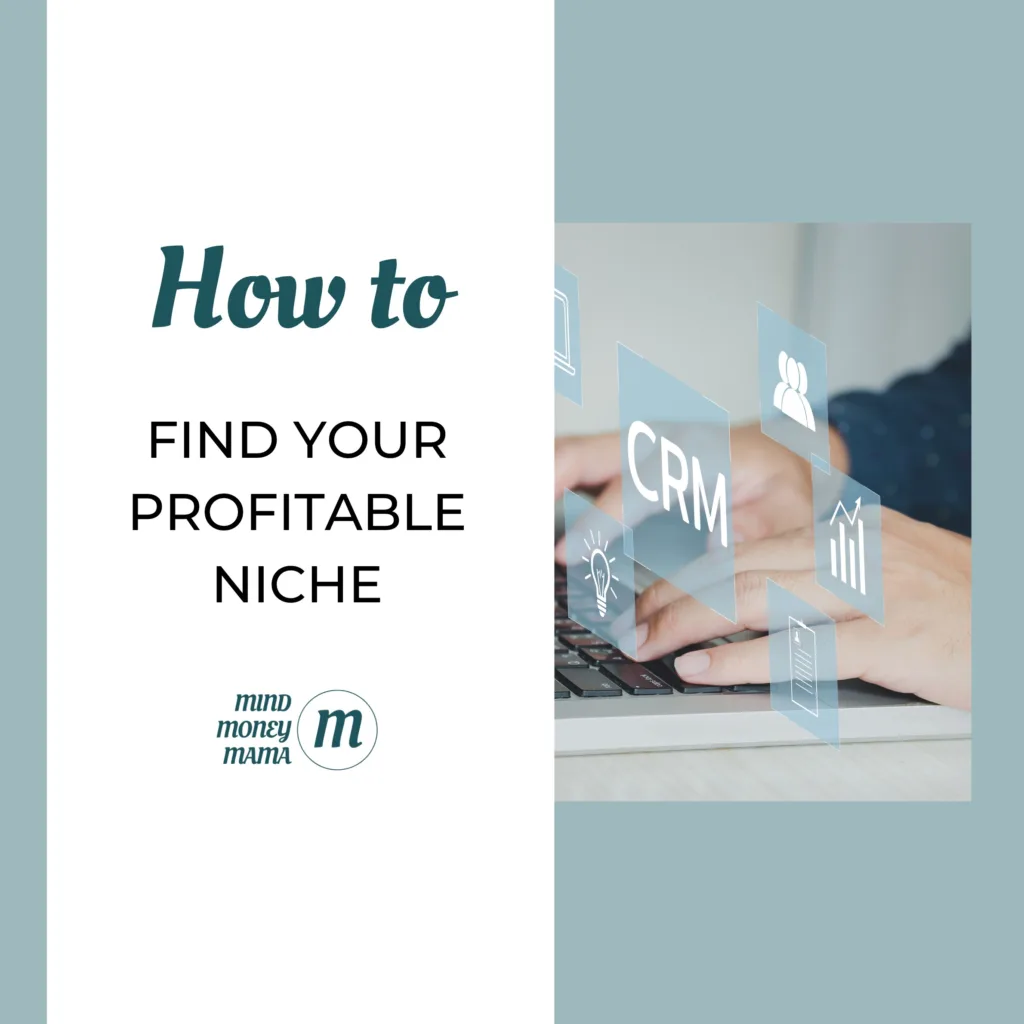Have you finally made the decision to start a blog or business? CONGRATS!! Starting a business is a great way to share your expertise and start forging a way out of your 9-to-5. I always encourage any and everyone to start their own business as a way of generating additional income so they can hopefully live their life around their passions. The next important step in the process is finding your niche.
[RELATED] How to Start A Successful Blog
What Is A Niche and Why You Need One
A niche is a specific area of interest within a larger market that allows a website or business to target a particular group of people with specific needs. It’s important for a website or business to have a niche because it helps them focus on creating content, products or services that cater to those needs.
This can lead to increased customer satisfaction, loyalty, profits, and competitive advantage in the market. Additionally, having a niche can help businesses differentiate themselves from competitors, establish their expertise, and improve their visibility in search engine rankings.
The key to a profitable niche is to help your target audience SOLVE A PROBLEM

A Profitable Niche Can Help with SEO, Audience Engagement, and Revenue Generation
When a business focuses on a specific niche, it becomes easier for them to create content that targets the right audience, which can improve their search engine rankings. This can lead to more traffic and greater visibility for their website or business. Additionally, a profitable niche allows businesses to address the specific needs of their audience, which can increase engagement and customer satisfaction.
By delivering high-quality content or products that are tailored to the needs of their audience, businesses can build a loyal following that generates repeat business and positive word-of-mouth referrals.
Finally, a profitable niche can lead to increased revenue generation, as businesses can charge higher prices for products or services that are tailored to the needs of a specific audience. By focusing on a profitable niche, businesses can improve their profitability and achieve sustainable growth over the long term.
Finding Examples of Successful Niche Websites and Businesses
There are countless niche-specific websites that are very profitable. One of my favorite ways to get inspiration for blog analysis is to google “blog income reports”. There are so many examples of blogs generating 7 figure revenues every year!
[RELATED] How to Start A Successful Blog
Personal finance is well-known to be a profitable niche (and very competitive), but there are also cooking/recipe websites, DIY, and mommy blogs that are earning 6 figure incomes. Many niches can become profitable as long as you have a great content, marketing, and monetization plan.
The important thing to note is you stick to only a few topics within your niche so SEO can work in your favor. For example, my blog Mind Money Mama covers topics of personal finance/making money online, motherhood, and mental health/mindset. I try to keep my blog posts relevant to those 3 topics and crossover the categories as much as possible to stay relevant to my niches.

7 Steps to Finding Your Niche
- Identify your interests and passions: Start by making a list of topics that you are passionate about and have knowledge or experience in.
- Research potential niches: Use online tools and resources to research potential niches and evaluate their potential profitability. Keep reading to see Tools and Resources Below!
- Identify a target audience: Determine who your target audience is and what their needs and interests are. What are their pain points and what solutions/help can you offer?
- Evaluate competition: Conduct a competitive analysis to determine how saturated the market is and how you can differentiate your business. Remember you have a unique perspective so don’t be discouraged by how many other people are already doing what you want to do.
- Test the market: Test your niche idea by creating a minimum viable product or offering a pilot program to see if there is demand for your product or service.
- Refine your niche: Based on the feedback and insights you receive, refine your niche and adjust your strategy as needed.
- Establish your brand: Once you’ve chosen a niche, establish your brand and create a marketing strategy that resonates with your target audience.
Tools and Resources for Finding Your Niche
There are many online tools and resources that can aid in niche research and evaluation. Here are some of the most popular ones:
Google Trends
This tool can help you see the popularity of specific search terms and topics over time. It can also help you identify related topics and terms that may be worth exploring.
SEMRush
This tool is designed to help you analyze your competition’s online presence, including their keywords, backlinks, and advertising strategies.
BuzzSumo
This tool allows you to see the most popular content related to a particular topic or keyword. It can help you identify trending topics and create content that resonates with your target audience.
Quora
This platform allows users to ask and answer questions on a variety of topics. It can be a great resource for researching niche topics and understanding the questions and concerns of your target audience.
This platform is divided into many subreddits, each focused on a specific topic or interest. By browsing relevant subreddits, you can gain insight into the latest trends and discussions within your niche.
LinkedIn Groups
Joining relevant LinkedIn Groups can help you connect with like-minded individuals and industry experts. It can also be a great way to learn about the latest trends and best practices within your niche.
Facebook Groups
Similar to LinkedIn Groups, Facebook Groups can be a great resource for networking and staying up-to-date on the latest news and trends within your niche.
Ahrefs
This tool provides detailed analysis of backlinks and can help you identify opportunities to improve your website’s search engine ranking.
Moz
This tool provides a suite of SEO and marketing tools that can help you improve your website’s visibility and overall performance.
Google AdWords Keyword Planner
This tool can help you identify the most relevant and valuable keywords for your niche, allowing you to optimize your website and content for search engines.
By using these online tools and resources, you can gain valuable insights into your niche, better understand your target audience, and improve your online presence.
Final Thoughts on Finding Your Niche
In conclusion, finding your niche is crucial for building a profitable business. It helps to differentiate and target the right audience, increase profits, and reduce competition. It allows businesses to focus on their strengths and build a brand that stands out.
I hope you’ve found this guide helpful! Let me know your niche-questions in the comments!


